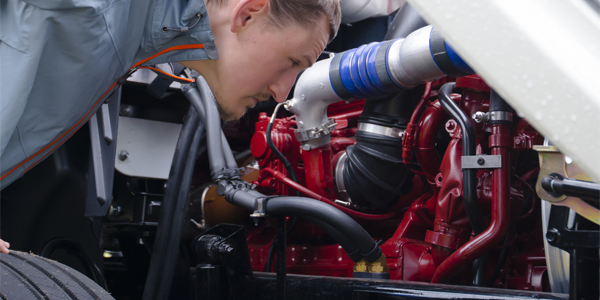The Cost Benefits of Scheduled Maintenance For Your Fleet
Many fleet operators make a point to inspect, diagnose, and maintain their vehicles on a weekly or biweekly basis. It’s because preventative maintenance comes with great benefits, the biggest ones being: 1. Less Downtime Downtimes cost a lot of money. When one of your trucks breaks down, you’ll end up losing quite a bit of

Ensure Your Truck’s U-Joints Are Operating At The Correct Angle
As any truck driver will tell you, there’s nothing fun about a sudden U-joint failure. For this reason, knowing to inspect and maintain their truck’s U-joints regularly is of the utmost importance. However, many drivers and even some repair techs, don’t know that air suspension settings can have a big impact on U-joint wear and
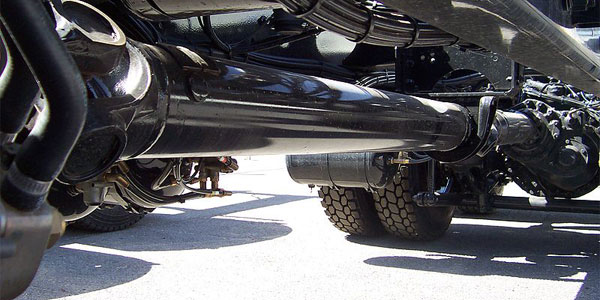
Oil In The Truck’s Coolant? Find The Culprit
If there is oil in a heavy duty truck’s coolant, it always means there’s a serious underlying problem. If repairs are made quickly, major damage can be prevented. Your employees should be inspecting your trucks on a regular schedule for signs of oil in the coolant. They should also be looking for signs of coolant
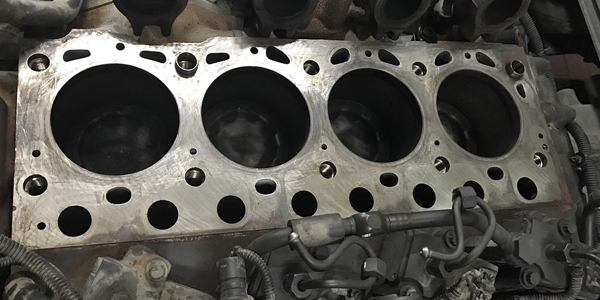
What causes a diesel water pump to make unusual noises?
If a customer brings in a diesel vehicle with a water pump that is making unusual sounds, there’s likely an underlying problem. To help you pinpoint the causes(s) of the noise, we put together a list of the most common unusual noises diesel engine water pumps make. 1. Squeaking or clicking If you hear a
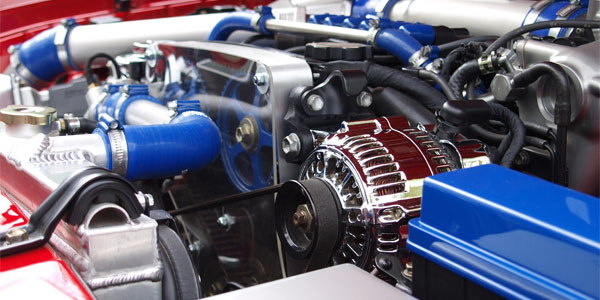
How to compare replacement water pumps for diesel trucks
The water pump needs to be replaced right away when it shows signs of failure. Obviously, if it fails completely, coolant won’t circulate through the engine block, causing the engine to overheat. Types of replacement diesel water pumps available When a customer brings in their diesel truck with a bad water pump, the first decision
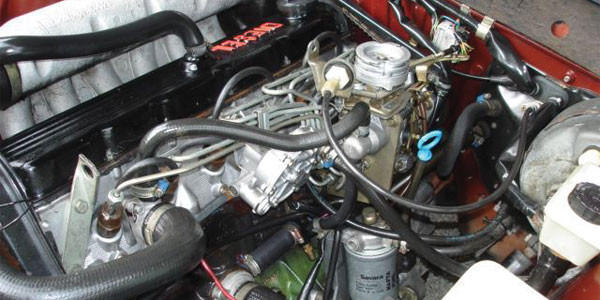
Should You Replace a Diesel Water Pump Before It Fails?
Water pumps are touchy. Some only go 50k miles before they fail, and some are still running perfectly after a million. But if one fails when you’re driving down the road, they can be a major headache to repair. Not to mention the risk of engine damage. Does your diesel powered truck have more than
